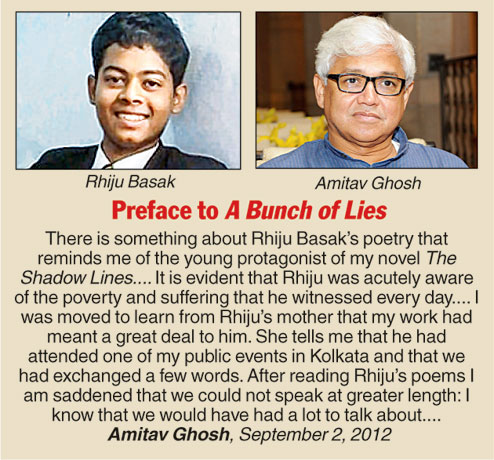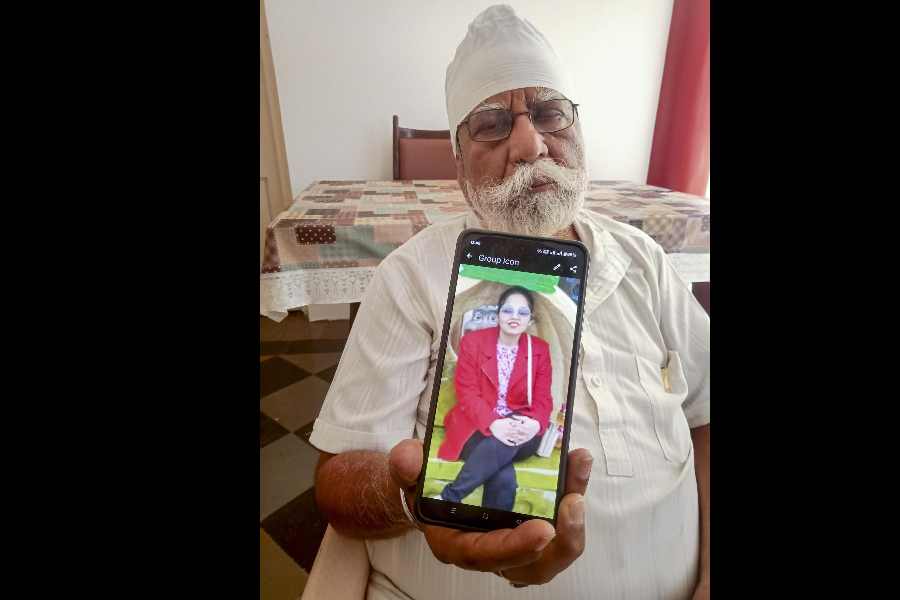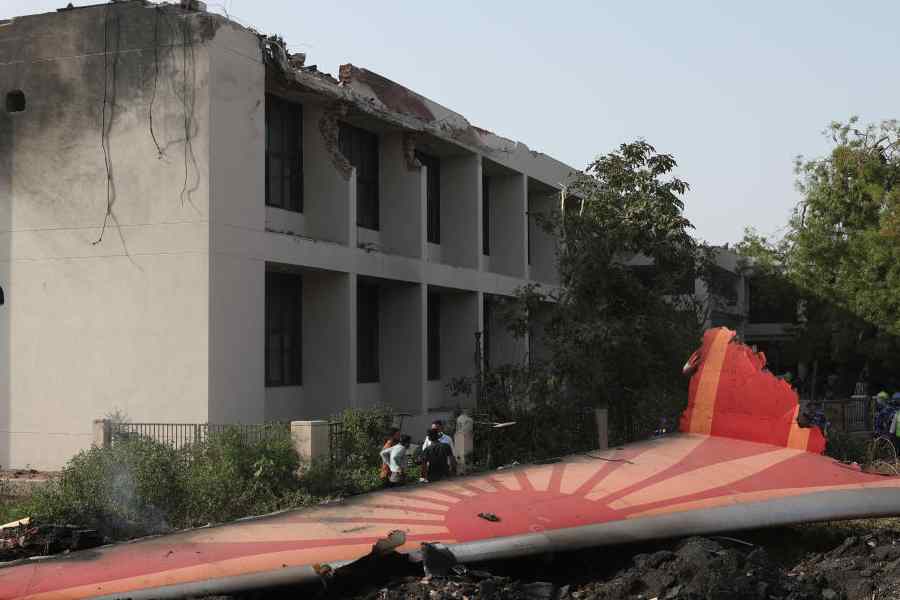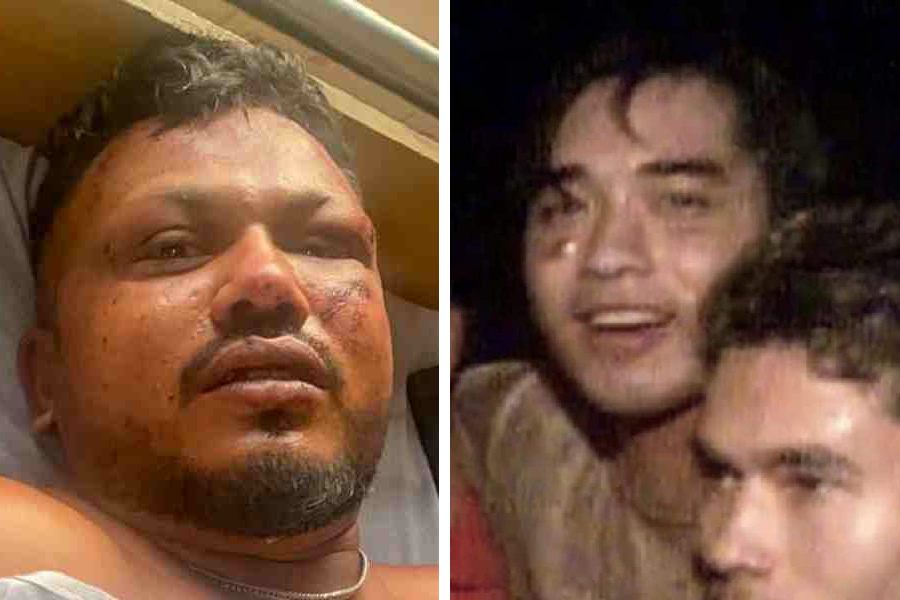 |
| Filmmaker Courtney Stephens. Picture by Rashbehari Das |
● Should nature strike while you are out...call a tea break. Take a chamber pot. Have the porters pitch a tent and gracefully retire.
● If you must cross a river...have your porters acquire the carcass of a mid-sized animal (an ass or goat will do). Inflate the carcass. Have one of your men lay face down on the carcass, then you lie atop him, facing heaven. In this manner you may cross a river without compromise of character.
● When climbing mountains, let your skirt be as short as possible, clearing the ankles. I must draw the line at the modern feminine costume, where the skirt is a mere apology, hanging a few inches below the knee.
● When travelling by rail, a glove or book left on the seat denotes that it is taken...it is part of train etiquette to converse without having gone through introductions.
“Some things don’t change!” laughs Courtney Stephens, an American film-maker, as she points out some of her “rare findings” about tips for lady travellers in Calcutta circa 1890. From how to dress to how to tip, these little pieces of facts and trivia will go into her film on early European women travellers in the city.
The lady from Los Angeles has just had her wallet stolen and is fooled by cabbies every day. But Courtney, who has made Calcutta her home for the last eight months, is far from complaining. “Okay, I was relieved of Rs 2,000 instead of being robbed,” she consoles herself.
Courtney has been an assistant to filmmaker Terrence Malick for Tree of Life and his next film To The Wonder, while her own thesis film was nominated for the Student Oscars in 2010.
“I feel extremely lucky to be doing this (a film essay on women travellers during colonial times), so I try not to get affected. Well, I know the keywords and if I hear someone say firangi or memsaab, I know they are talking about me!” she says with a chuckle.
Courtney is on a Fulbright scholarship, returning to the city she visited seven years ago as a student to make a film “meant to be a travel guide in the form of advice from people who have done this before you”. The film will be based largely on letters, guidebooks and travelogues.
“Calcutta to me was a mysterious place where I really wanted to return someday,” explains Courtney, who studied medical anthropology prior to pursuing filmmaking. “I liked the way the city had enough space for things to be left and forgotten. In most American cities, things aren’t allowed to disintegrate. They are restored or rebuilt,” she says.
Calcutta and its nuns also drew her. “I saw these missionaries as another kind of women travellers — more religious than the other glamorous, wealthy and aristocratic ones. Not waiting to return somewhere.”
Her project is supported by the Satyajit Ray Film and Television institute, the University of Pennsylvania Film Archives and Kew Gardens, London. “I should finish by fall,” she says.
Courtney will be focusing on a few notable travellers and their accounts. “Some of them were rockstar travellers and their correspondences with their mothers, sisters and husbands back home became very interesting,” she explains.
The film will be more than an hour long and delve into the travel diaries of, among others, Emily Eden, sister of Lord Auckland, who she finds “as cantankerous as she was whip-smart”.
Then there’s Marianne North, a botanist and botanical painter who travelled alone and was “generally wild with enthusiasm about her choice in lifestyle, which did not include marriage”. Sister Nivedita too, who has been “accepted as a hero of the freedom struggle”, and Alexandra David-Neel, who “carried a gun under her robe”.
Courtney herself has had experiences worth writing home about, including one that landed her a role in a Tollywood biopic, Tutu Sinha’s The Light — Swami Vivekananda.









